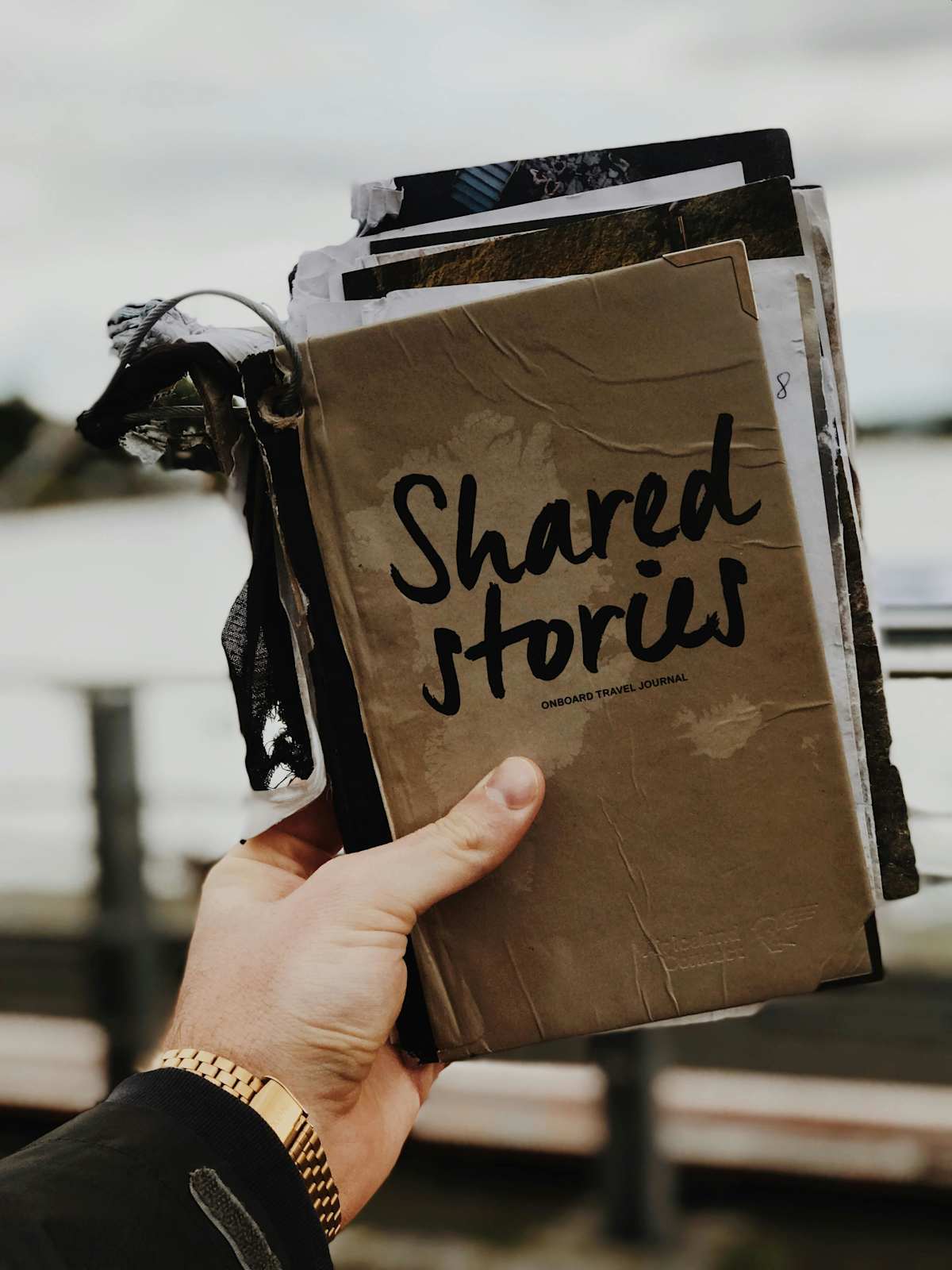*Written with Veridion Smart
Have you ever closed a book with tears in your eyes, only to realize you feel a little stronger, a little braver, than before you opened it? That’s the strange and beautiful paradox of storytelling: sometimes a story has to break us before it can begin to heal us.
I’ve believed in the power of story since I was a little girl with my nose buried in library books, but I didn’t fully understand its impact until much later in my life. When my family faced some of its darkest days, I discovered that writing wasn’t just an art form – it was survival. To pour pain into words is to loosen its grip. To shape it into fiction is to give it a name, a face, and eventually, a resolution, even if life itself doesn’t wrap things up so neatly.
Humans have always been wired for story. Long before books existed, our ancestors gathered around fires to tell tales that explained the unexplainable, warned of danger, or passed down values to the next generation. Stories weren’t entertainment, they were medicine. They still are.
When readers step into a novel like TIP THE PIANO MAN, they aren’t just following Madison or Luke’s journey, they’re stepping into a safe space to wrestle with heartbreak, trauma, and resilience. Madison’s pain may not be their own, but her courage to face it allows readers to touch something deep inside themselves. Stories let us process grief and trauma at arm’s length, with characters acting as companions who whisper: You’re not alone. You can survive this, too.
And maybe that’s why fiction is sometimes more honest than fact. A novel doesn’t just tell us that healing is possible; it lets us feel it in real time. We ache with the characters, but we also rise with them. That rise is the reminder we carry back into our own lives. No, stories can’t magically fix the broken places in us. But they can shine a light into the dark, and sometimes that’s enough to help us keep walking. They offer a hand to hold when we feel most isolated. And when a book finally closes, we’re left with the quiet strength that comes from knowing someone else has walked through fire, and we can, too.
So, the next time a story cracks your heart wide open, don’t fight it. Let it. Because inside those cracks is where the healing begins.
